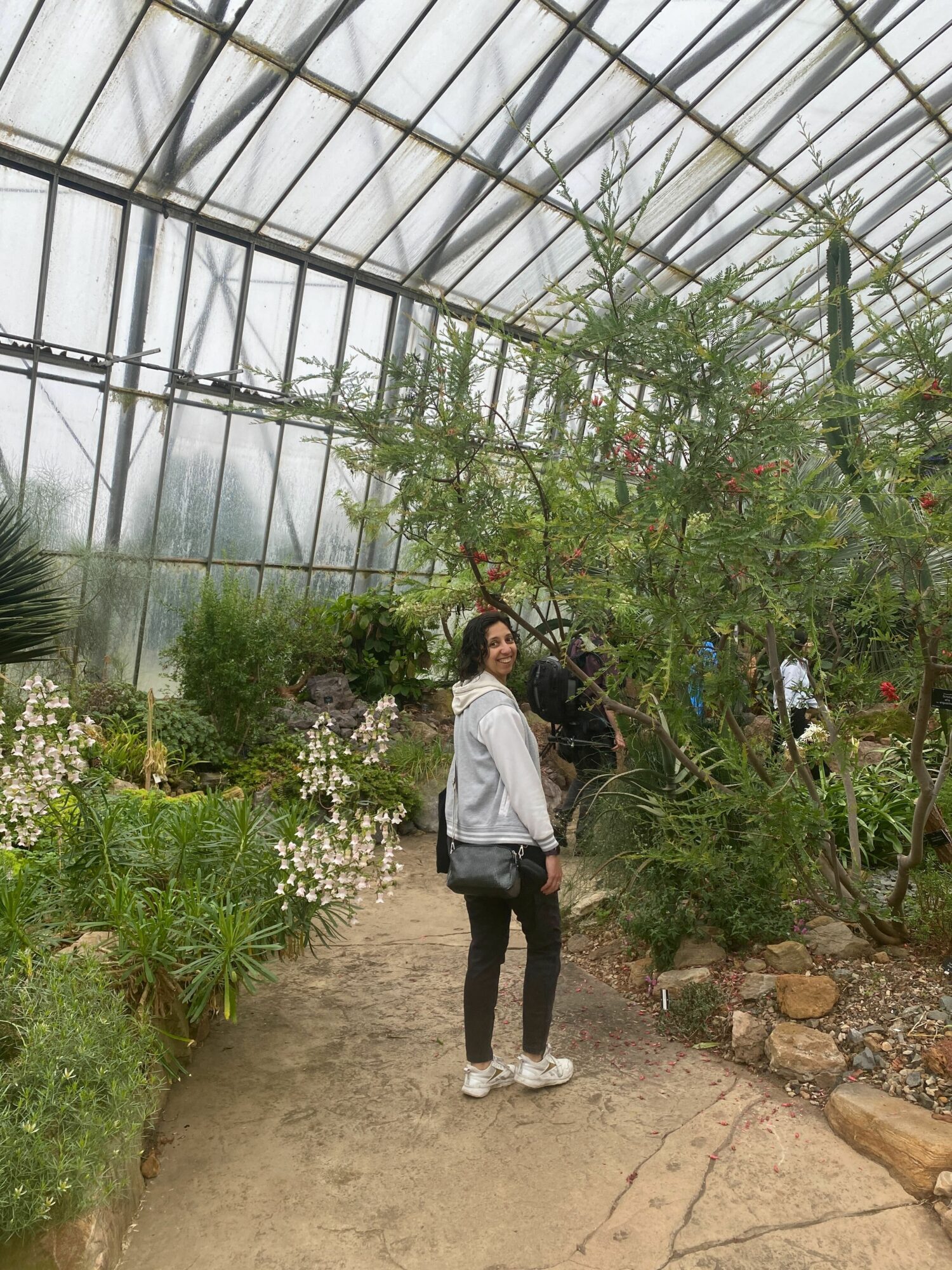Inclusion in Theatre: Insights from an Access and Wellbeing Officer

Hi, my name is Maka Marambio de la Fuente, a neurodivergent queer Latinx. I’ve spent the last year working as the Access and Wellbeing Officer at Oily Cart, a theatre company that creates Sensory Theatre for young audiences. My work is all about making sure that everyone feels welcome and included in theatre, no matter their background or needs.
In this blog, I’ll talk about why inclusion, access, and wellbeing are so important, share what I’ve learned so far, and explore what I’d love to try next. I’ll also offer some thoughts for other organisations looking to make their work more accessible and inclusive.
What does an Access and Wellbeing Officer do?
At end of the day, I want people to be in the best environment possible for them, to have the best possible experience, whether that’s as an audience member, freelancer, core staff team or trustee. Consistently considering access and wellbeing, and embedding inclusive practices into everything we do, is how we make that happen with and for everyone in our community. That looks like lots of different things day-to-day: from creating preparation resources to being an in-person access support at rehearsals or events.
Access and wellbeing has a big scope and many dimensions; when we have a person in a role like mine that is dedicated to it, general oversight, close connections and creative growth is possible. It’s a role that challenges my empathy, creativity and knowledge, to present every person we interact with the best strategies and support for their personal and communal wellbeing, and access to spaces and information.
What have you learnt in the past year?
NOBODY EXPECTS PERFECTION EVER.
Particularly in times of inflation, austerity and crisis, it’s so hard to not be overly critical with oneself. The funding landscape is increasingly competitive, for instance, which can add a huge pressure to present perfectly polished creative ideas. Joining the Oily Cart team, I’ve learnt that just as I don’t expect perfection from others, no one expects 1000/10 or even 10/10 ALL the time from me. It’s okay to send a draft; you can always ask for help.
Around that, I’ve learnt the massive value of reassurance. As a sector, we are doing unique, difficult work; as an individual, I’m a migrant that has changed my environment, moved hemispheres, and is doing this very nuanced work in a language that is not my own (but I’m making it my own). That’s huge! It’s important we stop and recognise those achievements, personally and collectively.
What do you want to try in the future?
I would love to explore Sensory Theatre that is connected to migrant communities, because our shared sensory memory is different.
I pass a tyre shop on my walk to the Oily Cart office, the sounds and smells really make me feel at home. I realise it’s because my grandparent’s house in Chile was near a neighbourhood with lots of car workshops, and my grandad had a workshop in his house too. It’s a sensory memory that’s specific to me, but I think it has wider cultural resonance: it taps into a working-class, Latin American sensory memory. Whenever I walk past, I take a deep breath.
These small sensory moments are also familiar, culturally-connected experiences. That’s so important to a family who are far away from their home. I think sensory, non-verbal experiences created with and for migrant communities, that tap into their individual and shared sensory landscapes, could create a really important, beautiful experience of sensory belonging.
What are your key insights to share with other organisations?
Nothing About Us Without Us: It’s essential when thinking not only about access and wellbeing, but across all our work, We need to constantly push to connect with the disabled community and work with disabled people It’s essential when thinking not only about access and wellbeing, but across all our work,
Challenge yourself: I regularly say to myself, “We are ok, how can we be better?” This leads me to constantly be mindful of processing times and rest, both for the people we’re working with but also myself, which is important as it’s common in this industry to burn out
More time: I am a fan of allocating buffer time for rest, for travelling time, having longer breaks, giving processing time after certain sessions and so forth.
Interview with Flossie Waite, Communications and Advocacy Officer at Oily Cart. Flossie is a disabled person with experience in journalism, including founding the UK’s first website dedicated to covering theatre for young audiences, Children’s Theatre Reviews, and editing Arts Council England’s Voice Magazine, a magazine created by and for young people. They have recently been accepted to the PYA England Steering Group.
For more on how we create and share our shows, and our research and resources, visit Resources for Artists.
